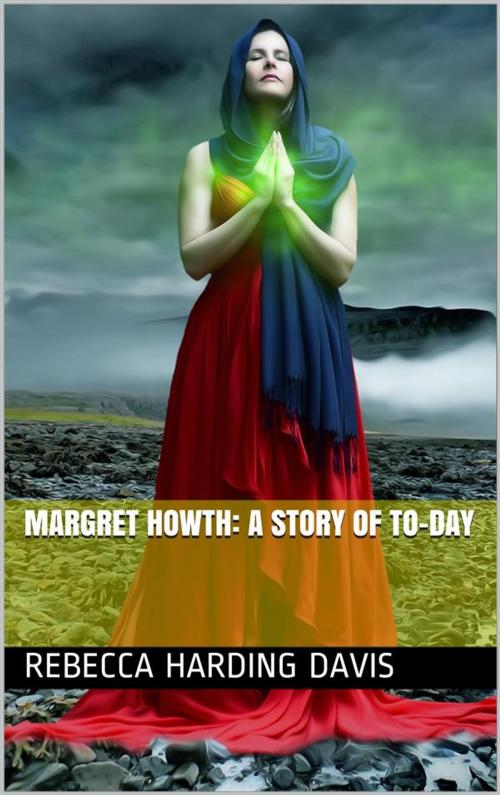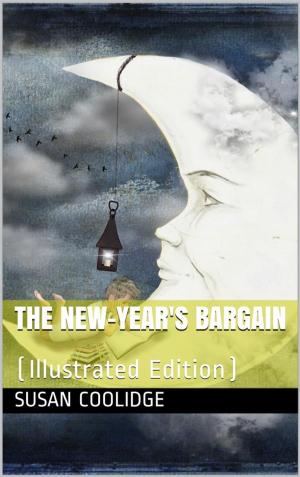Margret Howth: A Story of To-day
Kids, Fiction, Classics, Fiction & Literature, Teen, General Fiction| Author: | Rebecca Harding Davis | ISBN: | 9788829591336 |
| Publisher: | iOnlineShopping.com | Publication: | January 8, 2019 |
| Imprint: | Language: | English |
| Author: | Rebecca Harding Davis |
| ISBN: | 9788829591336 |
| Publisher: | iOnlineShopping.com |
| Publication: | January 8, 2019 |
| Imprint: | |
| Language: | English |
"A rewarding, fascinatingly mature book of substance and power."--Tillie Olsen
Margret Howth: A Story of To-Day, published in 1862 in Boston, was Rebecca Harding Davis's second widely acknowledged work, and her first novel. Set in an Indiana mill town during the fall and winter of 1860, it depicts the suffering of the working poor at a time when industrialization was growing across America.
During the time Davis wrote, the society she lived in was divided into areas of activity that were considered appropriate for men, or for women. Women were expected to take care of home and family; men were expected to attend to the world of ideas, politics, and money. Writing books was considered to be a male activity, and women who wanted to be authors, like Davis, were expected to write "moral" fiction: fiction that educated, elevated, and promoted religious values.
"Recuperating from spiritual decay is the motif of this narrative. Rebecca Davis has created personas that realize their misplaced ambitions in life and work to bring about a change for the better. In a side plot, she has also touched on the poverty and discrimination in a land where equality of men is preached and apparently every one has equal rights. Insightful!"
"A rewarding, fascinatingly mature book of substance and power."--Tillie Olsen
Margret Howth: A Story of To-Day, published in 1862 in Boston, was Rebecca Harding Davis's second widely acknowledged work, and her first novel. Set in an Indiana mill town during the fall and winter of 1860, it depicts the suffering of the working poor at a time when industrialization was growing across America.
During the time Davis wrote, the society she lived in was divided into areas of activity that were considered appropriate for men, or for women. Women were expected to take care of home and family; men were expected to attend to the world of ideas, politics, and money. Writing books was considered to be a male activity, and women who wanted to be authors, like Davis, were expected to write "moral" fiction: fiction that educated, elevated, and promoted religious values.
"Recuperating from spiritual decay is the motif of this narrative. Rebecca Davis has created personas that realize their misplaced ambitions in life and work to bring about a change for the better. In a side plot, she has also touched on the poverty and discrimination in a land where equality of men is preached and apparently every one has equal rights. Insightful!"















